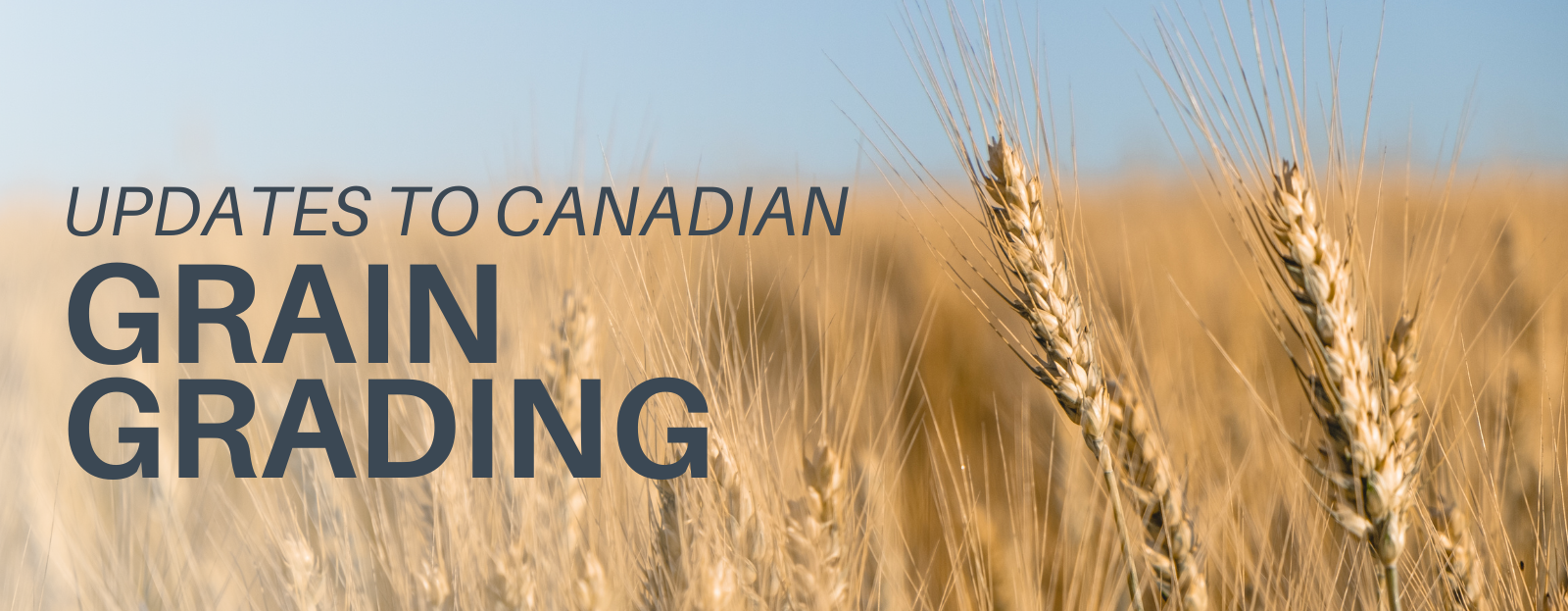
Below are the highlights of some of the upcoming changes, which will take effect on August 1, 2023.
“The Canadian Grain Commission is pleased to implement these science-based updates to our Official Grain Grading Guide following extensive discussions with the sector. These changes support modernization of our grading system and will help grow the Canadian grain sector and maintain Canada’s reputation for high quality grain, says Doug Chorney, Chief Commissioner, Canada Grain Commission.”
Severely sprouted definition for western wheats
The definition of the severely sprouted grading factor for western classes of wheat in the Official Grain Grading Guide is being updated after research was completed on the impacts to end-use quality.
The research confirmed that sprouted wheat where the sprout was partially broken off the kernel had similar end-use qualities as regular sprouted wheat. That portion of the definition is being removed from the severely sprouted grading factor definition.
Test weight and total foreign material alignment for some wheat classes
As part of the Canadian Grain Commission’s grain grading modernization initiative, the primary and export tolerances for test weight and total foreign material are being aligned in most of the classes of western wheat where they differed. The test weight and total foreign material primary and export tolerances will be aligned to the export tolerances for all grades of the following classes of wheat:
- Canada Western Red Spring (CWRS)
- Canada Western Hard White Spring (CWHWS)
- Canada Western Extra Strong (CWES)
- Canada Western Soft White Spring (CWSWS)
- Canada Northern Hard Red (CNHR)
The total foreign material primary and export tolerances for Canada Western Amber Durum (CWAD) will also be aligned to the export tolerances for all grades.
Other updates and clarifications
The Canadian Grain Commission is also making several other changes to definitions in the Official Grain Grading Guide, including updates to:
- the determination of dockage process in the canola chapter to clarify the process and the different sized sieves that should be used after concerns were raised by producers about inconsistencies in the process used at delivery
- the definition of “processed sample” in all chapters to address issues with samples submitted to the Canadian Grain Commission for official grades where dockage was already removed
- the composition of dockage to include insect parts and the definition for insect parts in the lentils, beans, chickpeas and fababeans chapters
- the composition of dockage to include the percentage of hulled seeds in dockage and the definition of foreign material and hulled seeds in the canary seed chapter
For more information, visit the Canadian Grains Commission website.
Please share any concerns or comments with CAAR Executive Director Mitch Rezansoff at 204-989-9303.
